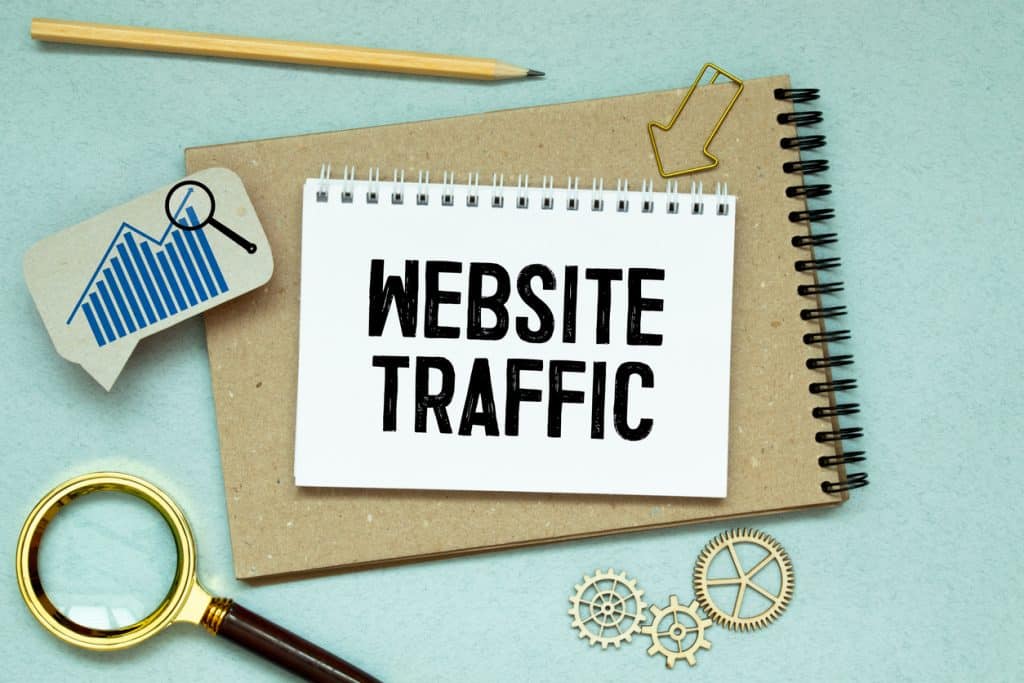
Search is essential to any effective online marketing strategy in today's digital age. By optimizing your website for search engines, your business can increase its online visibility, attract more targeted traffic, and ultimately drive more leads and sales. However, many businesses struggle to understand the distinction between organic and paid search and how these approaches differ in their impact and effectiveness.
This blog post will explore the differences between organic and paid search, and why businesses need to understand these distinctions.
Organic search (also known as SEO or search engine optimization) refers to the process of optimizing a website to improve its search engine ranking without paying for ads or placement. It involves various techniques, including keyword research, on-page optimization, link building, and content creation.
SEO aims to improve a website’s visibility and authority in the eyes of search engines, which can lead to higher rankings in local and organic search results. The higher a website’s ranking, the more likely it is to be seen by potential customers who are searching for products or services in that particular niche.
Organic search is a long-term strategy that requires patience and persistence. It can take several months or even years to see significant results, as search engines need time to crawl and index a website’s content and links. However, once a website has established a strong organic presence, it can continue to reap the benefits for years to follow.
Paid search, or pay-per-click (PPC) advertising, involves paying for ad placement in search engine results pages (SERPs). With paid search, businesses bid on specific keywords or phrases, and their ads appear at the top of the search results when someone searches for those terms.
Paid search can be a highly effective way to drive targeted traffic to a website, as businesses only pay for clicks on their ads, which means they can control their advertising costs and ensure that they only pay for relevant traffic to their products or services.
Paid search can also produce results much more quickly than organic SEO. As soon as a business sets up its ad campaign, its ads can start appearing in search results and driving traffic to its website. This makes it an excellent option for businesses that want immediate results from their online marketing efforts.
However, paid SEO can also be expensive, especially if a business is competing for highly competitive keywords. Additionally, once a business stops paying for ad placement, its ads will no longer appear in search results. This can mean that paid SEO is often not a sustainable long-term strategy for driving traffic to a website.
While both organic search and paid search aim to improve a website’s visibility in search engine results, the two approaches differ significantly in their impact and effectiveness.
One of the key differences between SEO and paid search is the level of control businesses have over their online presence. With organic SEO, businesses have complete control over the content and structure of their website, which can be optimized for search engines in various ways. In contrast, with a paid search strategy, businesses have less control over the placement and appearance of their ads in search results, as a bidding system and other factors determine these.
Another difference between SEO and paid search is their cost-effectiveness. While paid search can produce results faster than organic search, it can also be much more expensive, especially for businesses competing for high-value keywords. SEO is a more cost-effective strategy in the long run, as it can produce sustainable results for years.
If you’re not sure which search strategy is a better fit for your business, we can help! Contact us today to learn more about our digital marketing services.